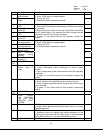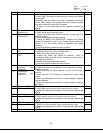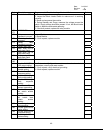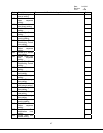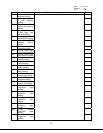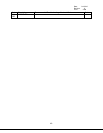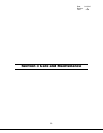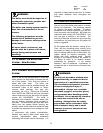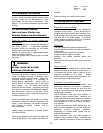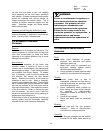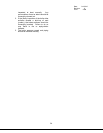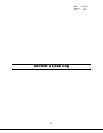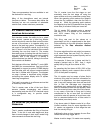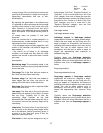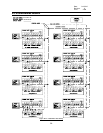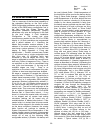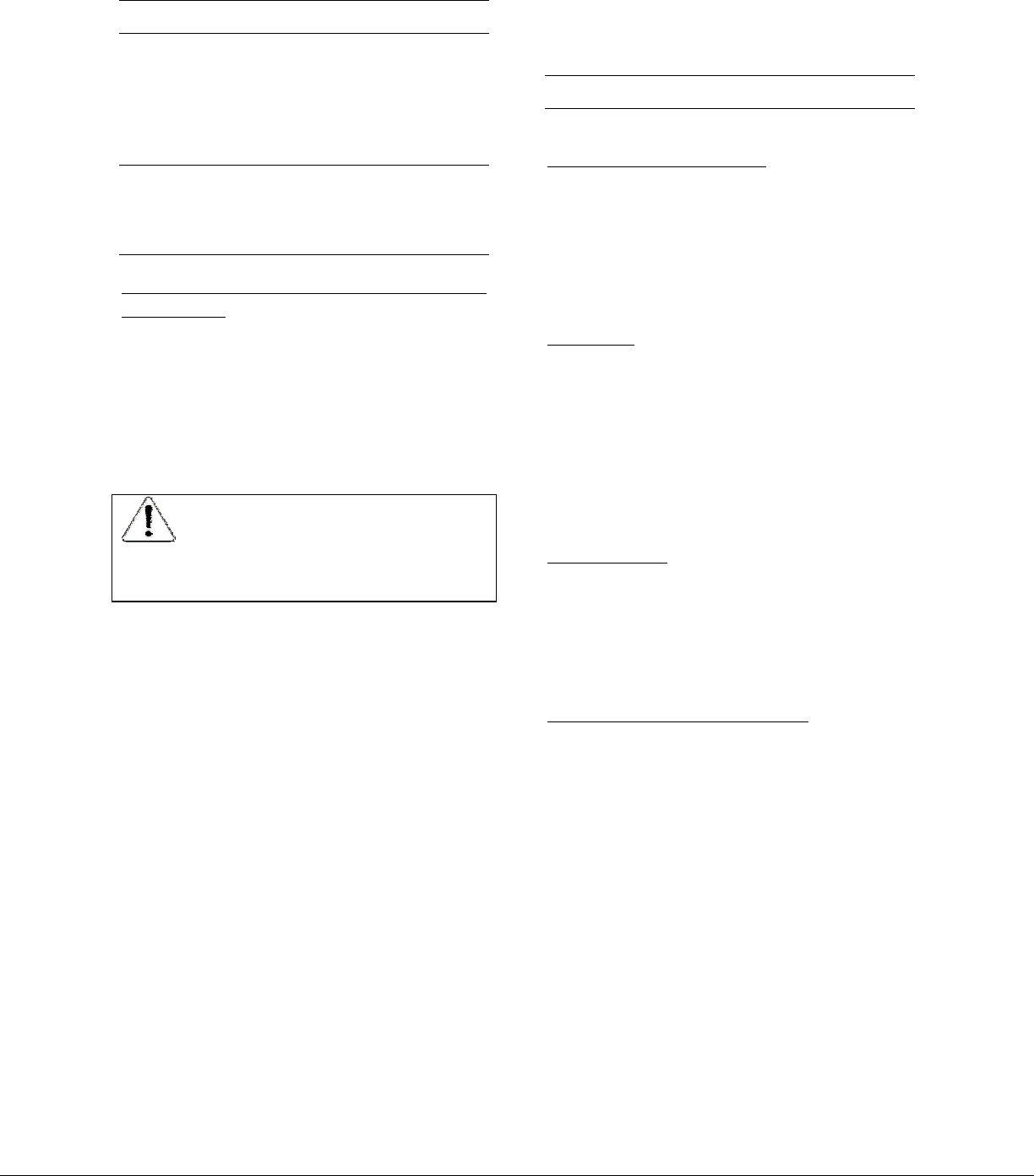
Date: 8-4-2010
Revision: 0
Form: 2396
3.1.3 DRAINING THE SYSTEM
A clean neutral hot water system should not be
drained, except for an emergency or when
unavoidable for servicing of equipment. See
Section 3.3 for water treatment required when
refilling.
3.2 REPLACEMENT BOILER
INSTALLATIONS: PROTECTION
AGAINST CORROSION AND SEDIMENT
Clean or replace all system piping and
heating units
Arrange for chemical or mechanical cleaning of
the entire system. A chemical treatment
company should be consulted for the proper
means of any chemical cleaning.
Replace any piping that is deteriorated beyond
safe or cleanable condition.
Flush the system clean, being certain to isolate
the boiler.
WARNING:
DO NOT FLUSH THE SYSTEM
THROUGH THE BOILER.
For some old systems, there is a reluctance to
clean the piping because of possible leaks
occurring in badly corroded lines. Should the
customer refuse cleaning, it is necessary to
install filtration equipment. Install either a
fibrous filter or a centrifugal filter in the boiler
return piping. This will collect and remove
sediment from the system. A booster pump may
be required to overcome the additional pressure
drop introduced in the line by the filter. When
filling the system, provide chemical treatment as
outlined in Section 3.3.
Failure to properly clean the system or to install
mechanical sediment removal equipment can
result in tube blockage and severe corrosion
plus damage to pumps, controls, and air
removal devices.
Inspect, repair as necessary, or replace system
air control devices.
Install gauge glasses on air expansion tanks and
install a tank fitting in the system connection to
the tank.
Install a strainer in the boiler return piping.
3.3 BOILER WATER TREATMENT
Purpose of water treatment
Water treatment is required for satisfactory
operation of the boiler. It must be devised to
prevent depositing of scale and corrosion from
acids, oxygen and other such harmful elements
that may be in the water supply. A qualified
water treatment chemist should be consulted
and the water systematically treated.
Objectives
The basic objectives of water treatment are:
Prevent the accumulation of scale and deposits
in the boiler.
Remove dissolved gases from the water.
Protect the boiler against corrosion.
Maintain the highest possible boiler fuel
efficiency.
Decrease the amount of boiler down time from
cleaning.
Water softener
It is highly recommended that a zeolite water
softener be used for all make-up to the boiler. It
is intended that this be used in addition to the
chemical treatment of the boiler. Water
softening removes calcium and magnesium, the
primary causes of hard boiler scale.
Continuous monitoring required
Water treatment should be checked and
maintained whenever the boiler is operating.
The boiler operator should be sure that the
boiler is not operating for long periods without
proper water treatment.
Water treatment may vary from season to
season or over a period of time. Therefore, the
water treatment procedure should be checked
not less than four times a year, and possibly
more frequently as the local water conditions
may indicate.
It should be noted that water boilers may well
need chemical treatment for the first filling plus
additional periodic chemical treatment,
depending on system water losses and the
makeup requirements.
52
Water treatment may vary from season to
season or over a period of time. Therefore, the
water treatment procedure should be checked



